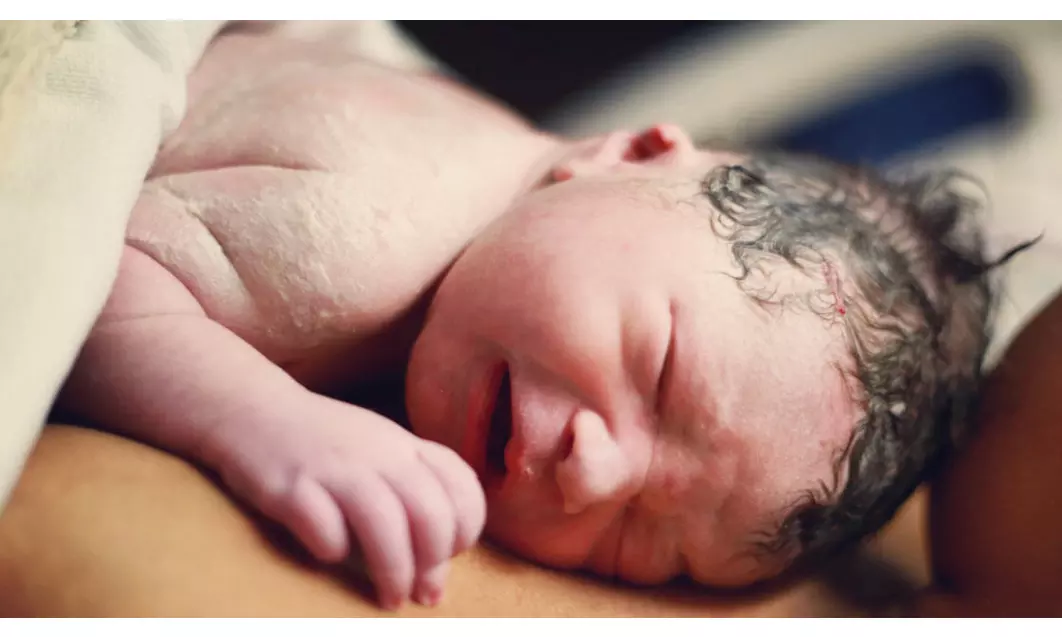India's first foetal blood transfusion performed by AIIMS-Delhi saved a life
image for illustrative purpose

After seven unsuccessful pregnancies due to her extremely rare Rh-ve blood group, a young woman hailing from Haryana gave birth to a healthy baby. This was made possible with the aid of AIIMS-Delhi white and blue coat professionals who successfully performed India's first foetal blood transfusion with O-D—phenotype red cell units obtained from Japan.
According to the expert report, this medical procedure is India's first of its kind and the eighth most successful in the world.
"A mother, a woman, suffered seven miscarriages because she was negative for the Rh 17 antigens, which is very rare to find. Due to this, the foetus in her belly had endured incompatibility and developed anaemia, resulting in all her losses," said the doctor at AIIMS.
But this time, things were different. This determined mother didn't give up. When she got pregnant for the eighth time, she went straight to the experts at AIIMS-Delhi. And because she visited AIIMS during her seventh pregnancy with her lost child, the Blood Bank team led by Dr Hem Chandra identified her rare blood group, and the doctors there were aware of her medical condition.
However, things took another turn due to her rare blood condition. The doctor found that the baby in the belly was already anaemic and needed blood on an urgent basis. Even though the blood type was known, India could not obtain the blood due to its extreme rarity. So, to deal with the situation, the doctor had to do some serious work. The hospital then tracked down the rare blood units all the way from Japan.
Following the import, the baby received six intrauterine blood transfusions, which successfully reversed the condition of heart failure. And guess what? Eight months later, the courageous little warrior was delivered via cesarean section. In terms of procedure, a cesarean section involves making an incision in the pregnant woman's abdomen and uterus to surgically deliver the baby. In fact, medical professionals think that is the safer path for mom and child.
"Both mother and baby have since been discharged after that," said the AIIMS doctor.
Undeniably, in today’s modern era, numerous achievements are associated with the All India Institute of Medical Science (AIIMS). Nonetheless, this recent medical breakthrough represented a critical turning point for India's obstetrics and gynaecology fields. In fact, in order to save lives, the latest case demonstrated how crucial it is for medical professionals to provide cutting-edge care and work collaboratively together. Moreover, this triumphant achievement is now inspiring other mothers by providing them with a ray of hope.
Therefore, this is a significant victory for Indian medicine, demonstrating that with the correct knowledge and tools, even the most difficult problems can be solved.

